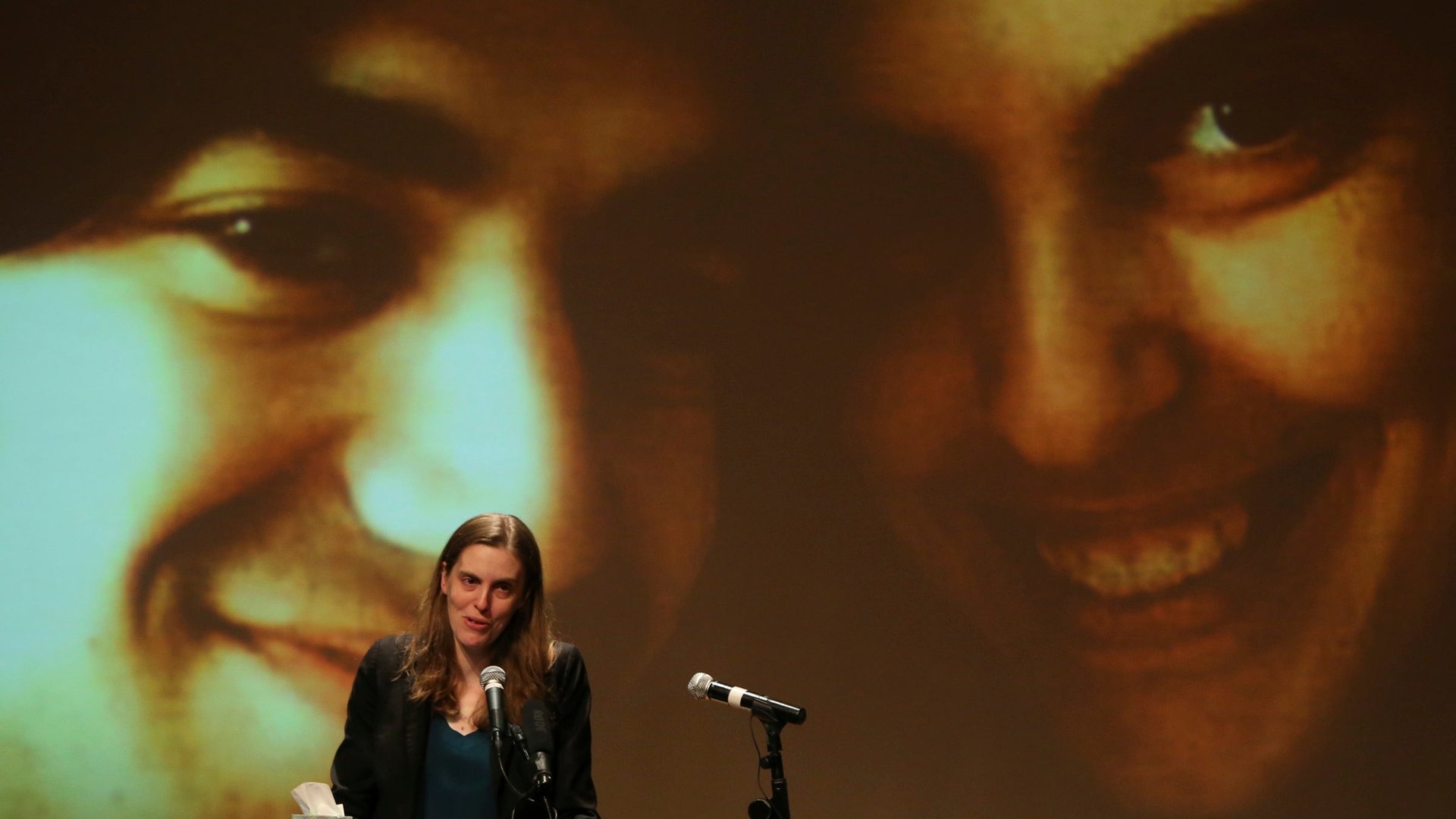MIT defends itself in a new report on Aaron Swartz’s suicide
MIT has released a report on its involvement in the controversial prosecution and subsequent suicide of Aaron Swartz, who at the time of his death was facing 13 federal felony charges for downloading academic papers via MIT’s network.


MIT has released a report on its involvement in the controversial prosecution and subsequent suicide of Aaron Swartz, who at the time of his death was facing 13 federal felony charges for downloading academic papers via MIT’s network.
At issue is whether or not MIT contributed to what many describe as the unjust prosecution of Swartz, co-founder of Reddit and a prominent advocate for open access to information online, by federal authorities. MIT’s report asserts that the university remained “neutral” throughout the prosecution of Swartz, after considering conflicting opinions of faculty members about whether MIT should ask federal prosecutors to cease pressing the case against Swartz.
From MIT’s report:
The Institute made no public statements regarding the merits of the case against Swartz or whether it should proceed, nor did it attempt to influence the prosecutor’s decisions on the case, other than to tell the prosecutor that the government should not proceed on the assumption that MIT wanted Aaron Swartz to go to jail.
Defenders of Swartz have already responded to MIT’s report, starting with the late Swartz’s partner, Taren Stinebrickner-Kauffman, who writes on her blog that the new report is a “whitewash.” Stinebrickner-Kauffman goes on to accuse MIT of giving the prosecution in the case “total access to witnesses and evidence, while refusing access to Aaron’s lawyers to the exact same witnesses and evidence.”
In its report, MIT notes that while it had the opportunity to ask authorities not to go forward with prosecution of Swartz, and Swartz’s father as well as two faculty members urged the institution to do so, other faculty expressed opposing views. “I have heard from many in our community who believe our actions were proper and justified,” wrote MIT president Rafael Reif in a letter issued to the MIT community. “Others feel differently, and the review panel identifies alternate paths we could have followed, including becoming more actively involved in the case as it evolved.”
Lawrence Lessig, an academic who has commented frequently on the Swartz case and is best known for his advocacy of looser laws governing copyright, contends on his blog that the report indicates that the government may not have even had a case against Swartz in the first place, because of the subtleties of whether or not Swartz’s access to MIT’s networks was in fact unauthorized. “If indeed Aaron’s access was not “unauthorized” — as Aaron’s team said from the start, and now MIT seems to acknowledge — then the tragedy of this prosecution has only increased,” writes Lessig.
At the end of MIT’s report, the university sums up its findings. The fourth finding listed suggests that the university had no idea this case would be as big or as controversial as it has become—leading, for example, to the proposed reform of a US federal law that would have made it difficult to prosecute Swartz for the crimes he allegedly committed.
“MIT did not request that federal charges be brought against Aaron Swartz. It was not consulted about its opinion about appropriate charges or punishment, and it did not offer any,” writes MIT in its report.